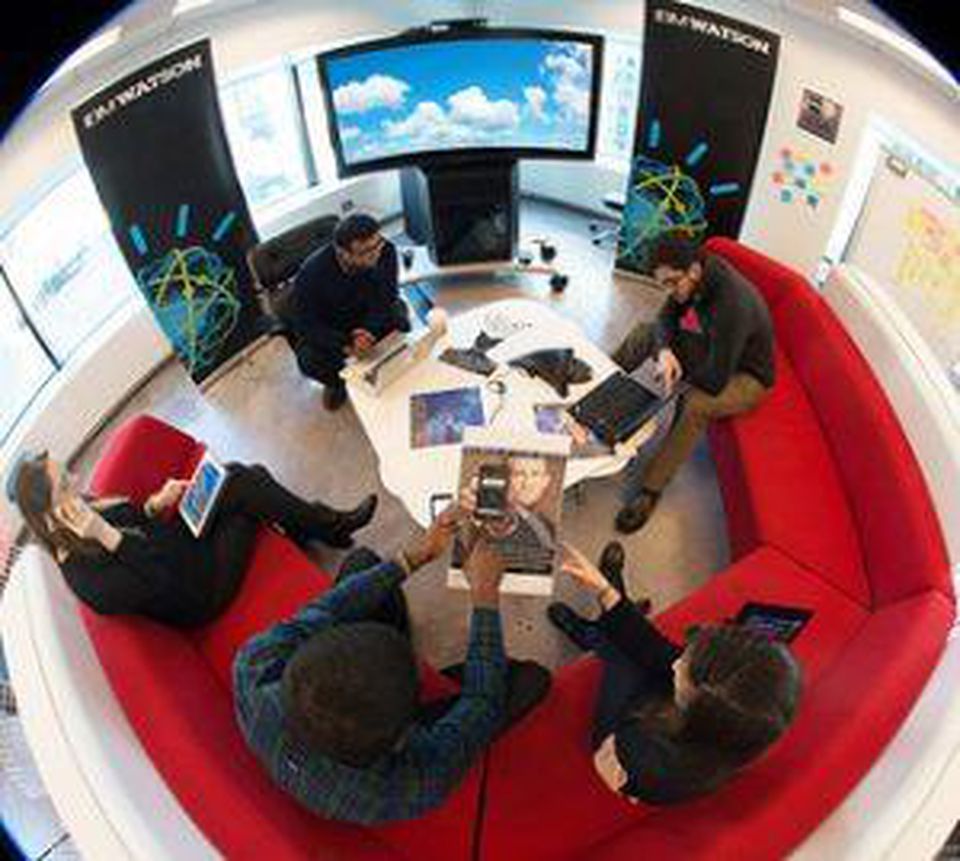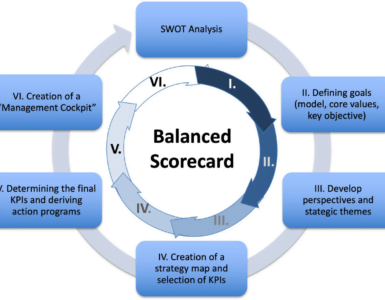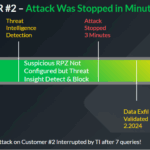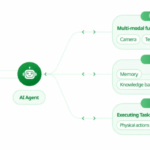
That’s the takeaway from a recent survey of 300 organizations released by Genpact, which shows notable progress in AI from a similar survey conducted in 2017. Companies are moving from using AI at the fringe of their operations in 2017 to deploying it in their core processes, the survey finds.
The survey’s authors say at least 25 percent now could be considered advanced AI adopters, and these “visionaries” see AI playing a role in fundamentally re-imagining their businesses. Two-thirds of these visionaries already apply AI in at least four business functions, and 26 percent have it in seven or more. The leading business areas visionaries are focusing their AI efforts on include the following:
- Finance/accounting 72%
- IT services 56%
- Operations/production 55%
- Strategy/general management 50%
- Customer service 46%
The further along a company is with AI, however, the more likely there is to be stirring in the employee ranks in terms of implications for their jobs. Overall, executives report greater resistance from entry-level workers, a number that has jumped significantly to 19 percent from five percent in the 2017 survey. The AI visionaries are far more likely to report pushback (41 percent) from these employees. This is a direct result of greater exposure to AI at the frontlines of organizations.
It’s notable that even the visionaries in the sample are just starting to address issues with AI bias — at least half have yet to take actions. Overall, visionaries are also more likely to have taken steps to combat AI bias. Only half, 50 percent, have discussed the potential of AI bias with employees who are using the data. In addition, 70 percent of lagging AI companies have yet to take such actions. About 46 percent of the visionary AI companies report they have actually modified their algorithms to eliminate particular biases in areas such as hiring, sales, or customer service. Again, close to 70 percent of lagging companies have yet to take such actions.
Other key factors separate the AI visionaries from their lagging counterparts, particularly relating to opening up technology innovations across the enterprise. The AI leaders demonstrate they “are developing a connected ecosystem,” the Genpact survey authors observe, as they strongly agree that they can easily share data across all departments (63 percent, versus 41 percent of other respondents) and find that AI helps them collaborate
With technology, there are always pioneering companies that lead the way and learn the early lessons of what works and doesn’t work. Such is the case with artificial intelligence. Those enterprises leading the way with AI are adopting the technology on a wide scale across their enterprises, covering four or more areas of the business. However, even the most advanced AI companies are only just starting to grapple with concerns such as AI bias and employee displacement.
[“source-“forbes”]





















































